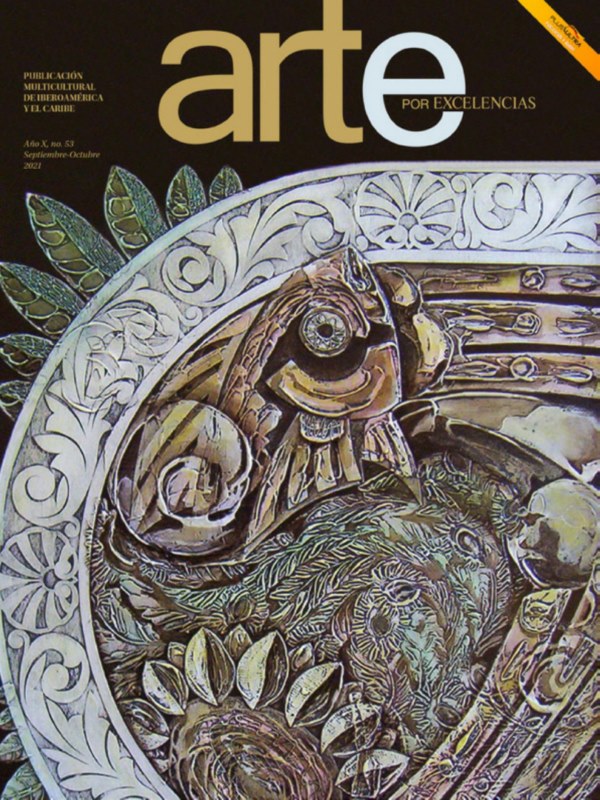The exhibition explores the concept of the ‘safe harbour’, turning the spotlight on social, ethical and ecological sustainability. Posing questions about our consumer economy, it provides us with tools with which we can take action ourselves through unbiased repurposing and productive acquisition. Put together for the Kuppelraum (Domed Room), the solo exhibition is also dedicated to the museum itself. It is seen as a protected space in a constant state of flux and functions as a place of negotiation set against a backdrop of climate and migration crises.
What is sacred to people?
What are their rights, what is their duty? And where is this revealed? Searching for traces of the conditions and possibilities of agreement, for signs and locations of human life together, the artist and architect Azra Akšamija opens up protective spaces of different kinds. The works, which involve the public in the ‘Sanctuary’, range from identity-creating clothing both in the present and the future to a protective tent for refugees that can be individualised, and the communal creating and processing of recycled textiles.
‘My art questions how disaffection can become empowerment.’
Azra Akšamija, who is a professor and director of the Art, Culture and Technology Program at MIT in Massachusetts and whose works have been exhibited at venues such as the Venice Biennale and the Sharjah Museums, has long been well known in Graz. Having fled the war in Yugoslavia with her family, the artist grew up in Graz among other places, and exhibited her work many years ago in institutions such as < rotor > and the Forum Stadtpark. Her committed, socially critical and participatory works and her fruitful approach to constructions of identity on various levels have taken her to museums, mosques, churches and refugee camps, employing site-specific works. In 2018 and 2019, she exhibited at Kunsthaus Graz in the exhibition Faith Love Hope, and in 2019 in the show Kunst ⇆ Handwerk. The artist was subsequently awarded the Art Prize of the City of Graz in 2019.
The Kunsthaus Graz is now dedicating a solo exhibition to the artist, which at the same time is an attempt to reflect, in several focal areas, issues of property, of tradition versus appropriation, of sustainable handling of shareable resources, of knowledge transfer and the value of work towards a future worth protecting. The exhibition has been created in collaboration with local initiatives and encourages active participation. A catalogue that includes a range of essays and research material will accompany the exhibition.
On the cover: Azra Akšamija & Future Heritage Lab, T-Serai, 2019, Installationsansicht / installation view Venice Biennale 2021 © Azra Akšamija & Future Heritage Lab (Detail)
Source: Kunsthaus Graz
Publicaciones relacionadas

Clotilde Jiménez: La Gruta. Una ópera en dos actos
Noviembre 15, 2024
Dolores recibirá la exposición itinerante "19 Maestros Uruguayos"
Noviembre 15, 2024
"Detrás del muro"…suena y vibra la canción
Noviembre 13, 2024
















